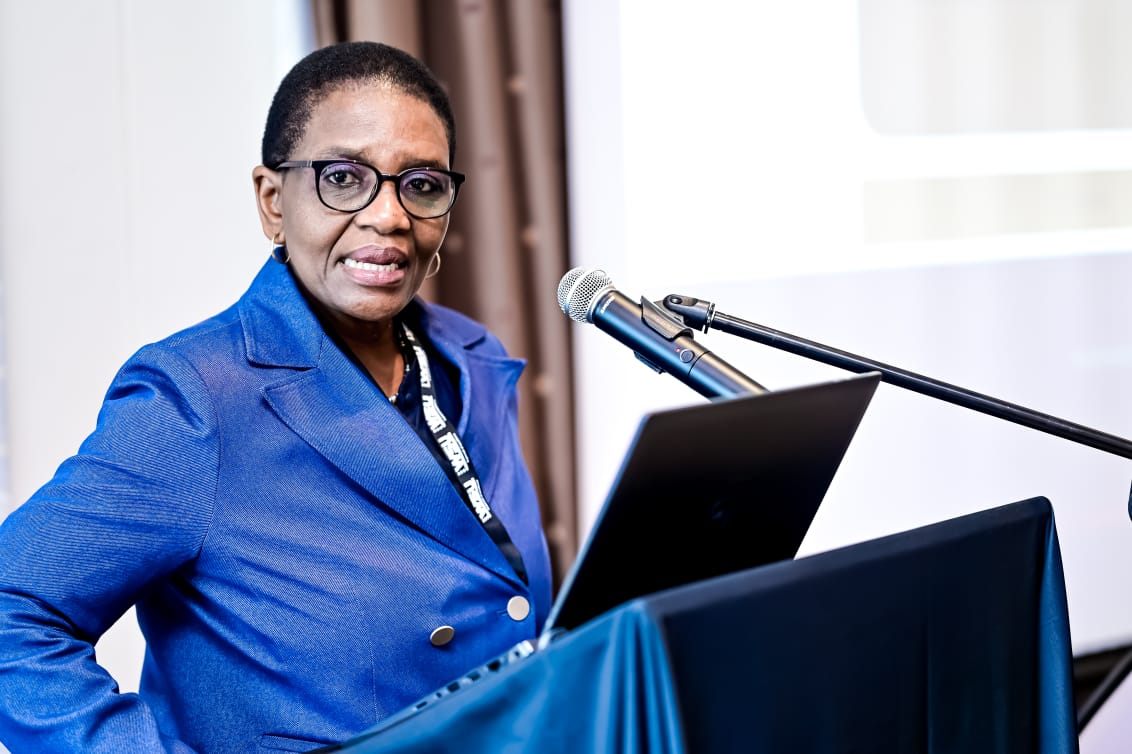WSU TRANFORMATION INDABA ADRESSES INSTITUTIONAL POLICY REFORM

Transformations in institutional culture, minority rights and community engaged curricular were amongst priority areas targeted for institutional change at WSU’s Transformation Indaba held in East London on 6 -7 June 2023.
The two-day engagement interrogated transformative policies under the theme “Contested meaning of transformation in Higher Education with a special focus on Learning and Teaching, Research and Innovation, Governance and Institutional Support Systems.”
The Indaba was a data gathering session from all WSU internal and broader stakeholders to make inputs towards defining transformation and what it should look like at WSU.
WSU Vice-Chancellor and Principal, Professor Nolundi Rushiella Songca said that transformation will also need to expand into the social inclusion policies that will deal with issues such as students living with disabilities, the rights of minorities, LGBTQI communities, as well as women.
“We need to put interventions in place to empower and train these groups to ensure that they are eligible and qualify to compete for positions just like everyone else,” Songca said.
She added that aspects of transformation at WSU are inspired by the simple African philosophy of Ubuntu. She emphasised the importance of humanity in how you deal with colleagues and the language that you use.
“Sometimes we complicate things unnecessarily and we always want to refer to textbooks,” said Songca.
The philosophy of Ubuntu was adopted and used in relation to one of the core pillars of institutional governance, which is ethical leadership.
“The way you interact with colleagues is ethical leadership. Those are the things that need looking into and be institutionalised. How will we know we are succeeding: We will have a transformation statement from the WSU Council, a transformation charter from WSU as well as a transformation framework in the different spaces and faculties. That is how we will know we are progressing. This is transformation finding expression in curriculum and the things that we do in community engagement,” Songca said.
One cannot speak transformation in higher education without the mention of decolonization of education in South African universities, as we were reminded by Transformation Indaba Guest speaker, Dr William Mpofu.
“Transformation is political business. There’s a lot of propaganda against decolonialization and transformation. The first point of propaganda once you talk decolonialization is the question of quality and standards as if there’s only one race or gender or type of people associated with quality and standards. Every race, age and gender is capable of quality and standards. There was never a time where any university in the world was a paradise of quality and standards – quality and standards are always a work in progress at Harvard, Wits and at Walter Sisulu University,” said Mpofu.
Mpofu is a researcher at the Wits University’s Centre for Diversity studies.
By: Sinawo Hermans
